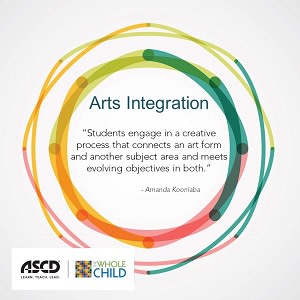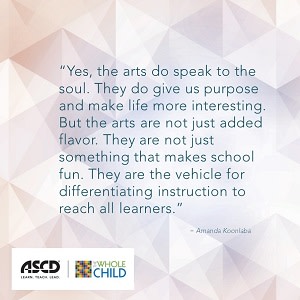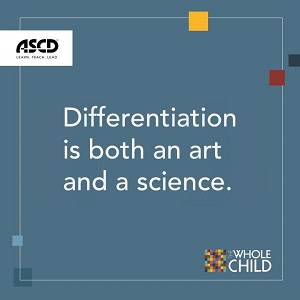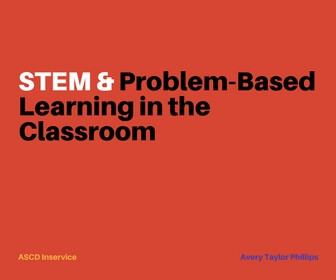“It’s the principles of differentiation, not just any particular strategy, that will make your work with students stronger,” Carol Ann Tomlinson told attendees this morning at her #ASCDSC11 session on differentiated instruction.
Tomlinson explained several supporting practices, like using flexible grouping to facilitate responsive instruction, for each of the four key principles of differentiation (listed on slide five, here):
- an environment that actively supports student success,
- a high-quality curriculum,
- assessments that inform instruction,
- and responsive instruction.
“I’m not just talking about the typical ‘bluebirds, buzzards, and wombats’ student groups; I mean creating structures where kids are working together fluidly,” she said. As an example, Tomlinson mentioned one teacher who gives students a handout with multiple clock faces and has students write in who will be their partner at different times during the day.
“When he asks students to meet with their 1 o’clock partner, it’s an easy, random way to have students move to do a short task with someone else,” Tomlinson added.
Attendees had the most questions about differentiating assessments and how to fairly and accurately report progress in a differentiated classroom.
Tomlinson stressed that formative assessments are not a series of quizzes before and after lessons, but are instead an ongoing process that is constantly refining instruction (see James Popham for more on this topic). She also noted that a formative assessment process works hand in hand with fostering a growth mind-set in students, showing kids that hard work produces learning.
But what does a differentiated grade book look like?
Reporting should be based on mastery performance on formative assessments, Tomlinson said, adding that a student who demonstrates mastery may not need to take every assessment.
“We cram everything into grading, and so it means nothing. How much of grading is about whether a student is sassing or if they do the homework?”
Instead of grading kids on personality and compliance, she said, experts like Jay McTighe advise grading on three separate Ps: performance, process, and progress. For performance, consider where students are in terms of the standards. Tomlinson noted, “If there’s only one box on the report card, then this is what should go there.”
For process, how well do students work? Do they try hard and have a growth mind-set? Do they work like an expert—revising, asking for help, and doing homework? And for progress, given where students started, how far have they come in terms of goals and skills?
While formative assessments should cultivate a growth mind-set in students, grading practices should be tuned toward growth as well.
“If it matters, I don’t want to just [use grades to] punish you or write you off if you don’t get it or do it,” Tomlinson said. Through the four principles of differentiation, artful teachers provide multiple points of learning support.
How do you approach grading? Is it more challenging when paired with differentiated instruction?







